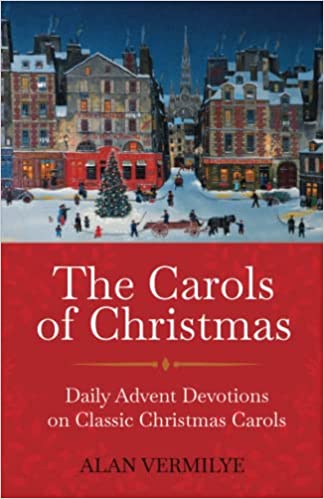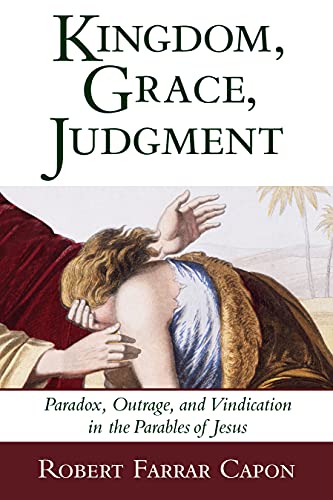
Ancient Anglican
A Modern Perspective on Early Christian Thought.
New on the Blog
Carols of Christmas – “O Holy Night” pt.1
Within this history of the carol, we should be able to see the history of the Christmas story itself – simple religious people, marginalized Jews, atheists, and censorious religious authorities all making their own contribution.
A Thanksgiving Day Meditation
The Psalms of Thanksgiving
Robert Capon – Parable of the Last Judgment (reimagined)
Therefore, if the Greek is simply understood differently, then the goats do not go into an “eternal punishment” (which itself is somewhat a contradiction since no one can learn from the punishment if it is eternal) but they are banished into “an age of correction.”
Robert Capon – Parable of the Last Judgment
In his final analysis of the final parable, Capon takes us back to the four characteristics of all the parables – Catholicity, Mystery, Actuality, and Hostility and Response.
Robert Capon – Parable of the Talents
A buried faith, like a light under a bushel basket, is no faith at all.
Robert Capon – Parable of the Wise and Foolish Bridesmaids
God’s intentional tarrying damns the bridesmaids who trusted that God would show up on time. Why? The only answer that we receive from the parable is the same that Job receives from the whirlwind: Who are you to question my wisdom with your ignorant, empty words? Job 38:2.
Robert Capon – Parable of the Wicked Tenants
The world is saved only by his passion, death, and resurrection, not by any of the devices that, in its unbelief, it thinks it can take refuge in. Furthermore, that same unacceptability will be the cornerstone of their judgment and of the world’s.
Robert Capon – Parable of the Two Sons
We in the church are the second son. We may preach grace from the pulpit and sing “Amazing Grace” in the pews, but deep down we do not like it. It is just too indiscriminate.
Robert Capon – Parable of the Pharisee and the Publican
If grace is grace then morality and repentance will be of no consequence.
Robert Capon – Parable of the Unjust Judge
And that, Virginia, is why “There is therefore now no condemnation to those who are in Christ Jesus.” There is no condemnation because there is no condemner.
Robert Capon – Parable of the Lost (Older) Son
The door to the celebration is open to the older son. But the older son simply cannot bring himself to enter. Although the father opens the door wide, for the older son it is too narrow to enter.
Robert Capon – Parable of the Lost (Younger) Son
We are not forgiven, therefore, because we made ourselves forgivable or even because we had faith; we are forgiven solely because there is a Forgiver.



